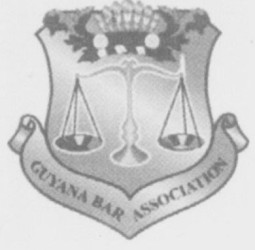Two months ago, the Guyana Bar Association wrote the Registrar of the High Court and the Commissioner of Police advising that action be taken against the use of touts to procure legal business for attorneys-at-law. This action by the Bar Association followed complaints received by the Association of touts operating openly in the Georgetown Magistrates Courts on behalf of attorneys-at-law.
 Even in the era when law’s recognition as a noble profession was considered an article of faith, there were attorneys who engaged in the ignoble and unlawful practice of touting. Indeed, touts are part of the factual folklore of the legal profession and if any credence can be placed on stories widely circulating, the practice has survived and prospered in our courts, whatever little effort has been taken to suppress it. Despite the growing body of evidence, it has been more than forty years since the last reported case was brought before the courts of Guyana: John Leonard v. the State 1971 G.L.R 209. In a majority decision, the Court of Appeal reversed a decision by the Full Court on the technicality that legal business meant genuine legal business and did not include a trap by the Police.
Even in the era when law’s recognition as a noble profession was considered an article of faith, there were attorneys who engaged in the ignoble and unlawful practice of touting. Indeed, touts are part of the factual folklore of the legal profession and if any credence can be placed on stories widely circulating, the practice has survived and prospered in our courts, whatever little effort has been taken to suppress it. Despite the growing body of evidence, it has been more than forty years since the last reported case was brought before the courts of Guyana: John Leonard v. the State 1971 G.L.R 209. In a majority decision, the Court of Appeal reversed a decision by the Full Court on the technicality that legal business meant genuine legal business and did not include a trap by the Police.
The Legal Practitioners Act defines a tout as any person who (a) procures for remuneration the employment of a legal practitioner in any legal business; or (b) who proposes to any legal practitioner to procure for remuneration the employment of the legal practitioner in such business; or (c) who for purposes of such procurement frequents the precincts of any court and includes a person declared by the Registrar to be a tout in pursuance of section 13.
The Leonard case referred to shows the difficulty, if not the absurdity, or near impossibility, of proving a case of touting. The use of marked notes by the Police put beyond doubt that money was paid and it was admitted that the person convicted as a tout was an employee of an attorney-at-law. But as so often happens in cases where the evidence is damning, resort was had to technicality, in this case that the
